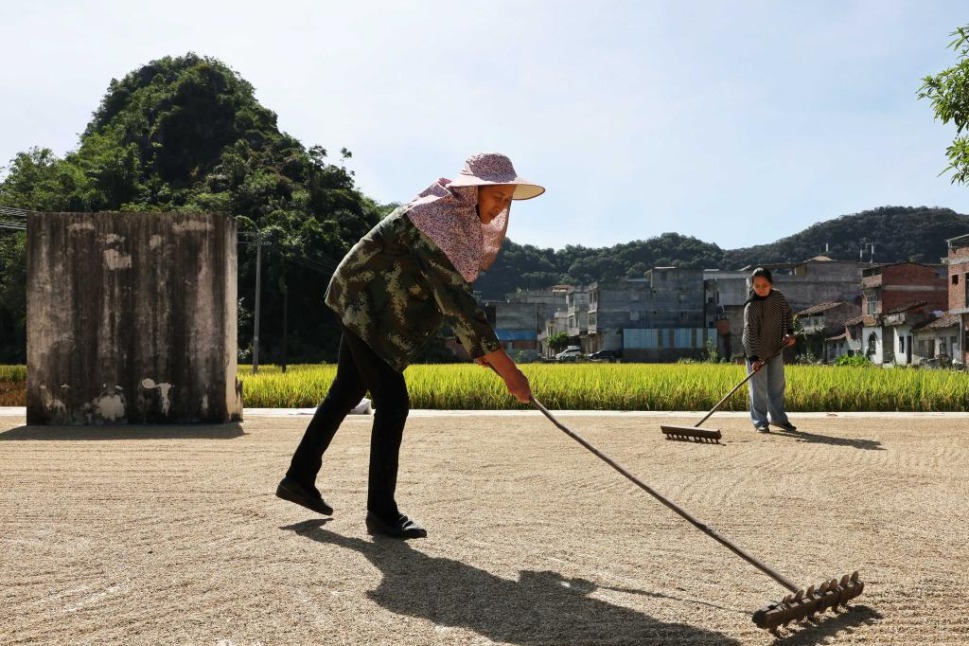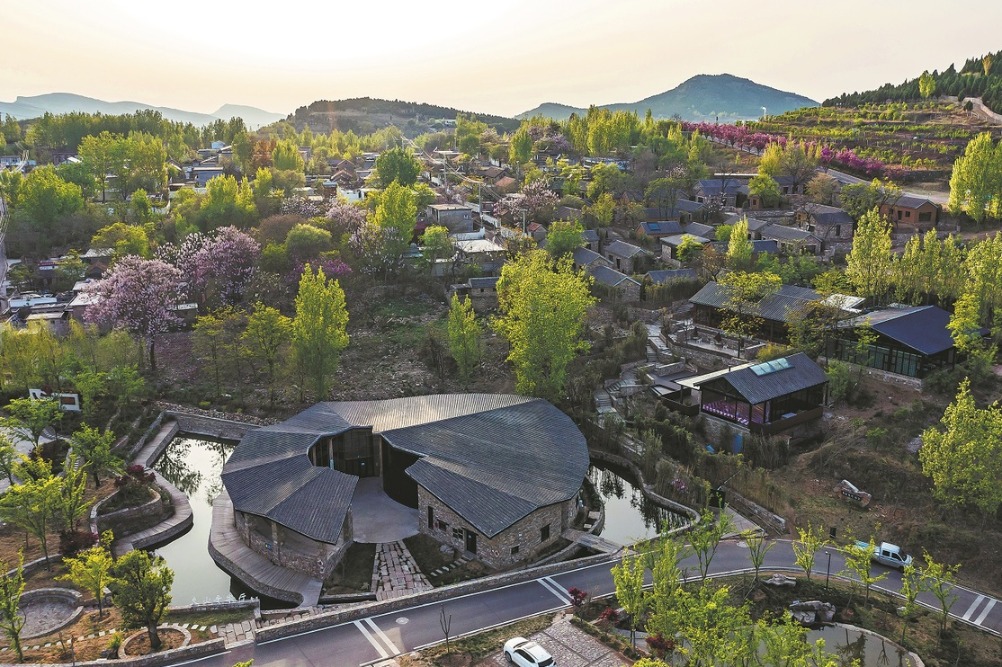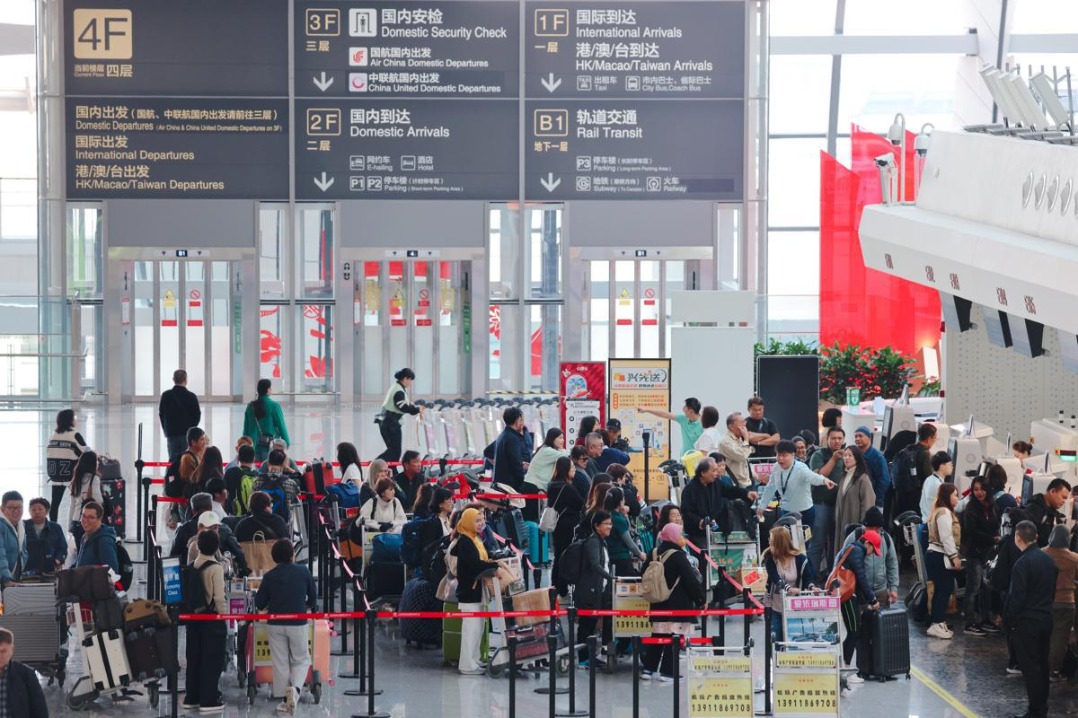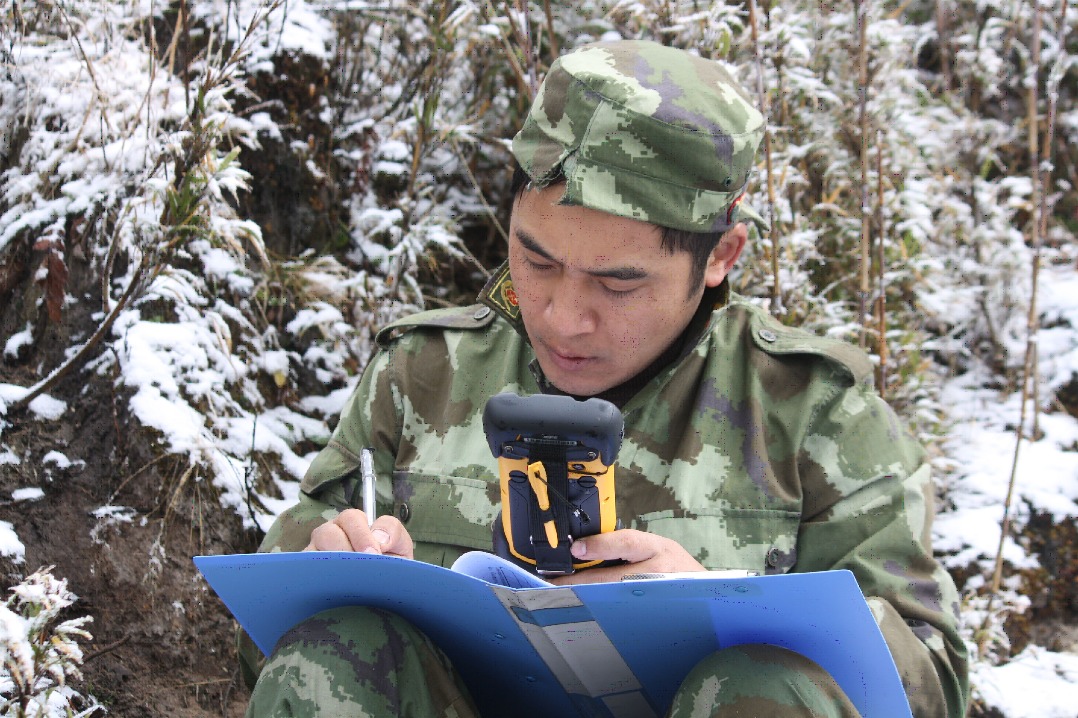Lawmaker brings rosy prospects to Hainan villagers


HAIKOU-Before leaving for Beijing for the annual two sessions, Yang Ying was busy teaching farmers how to trim branches in a rose garden while asking about their expectations.
Yang, 46, is a deputy to the 13th National People's Congress, China's top legislature, and heads a company that runs a rose business in Sanya, Hainan province.
Yang focuses on rural vitalization, and has put forward a proposal for villagers to reach common prosperity through industry.
"By integrating production experience, shopping and cultural exchange, more jobs and opportunities will be created to help villagers increase their incomes," she said.
Over the years, Yang has led many villagers in Sanya to prosperity through hard work.
In 2006, when she was running a flower business in Shanghai, Yang took a trip to the tropical island of Hainan, where she saw the potential for an out-of-season rose plantation.
"Thailand had already successfully cultivated high-quality roses at that time, so I thought maybe we could plant roses in Hainan, which has a similar latitude," Yang said.
With the support of the local government, she started to cultivate roses in Hainan.
But the idea was hard to turn into reality. In the beginning, the rose seedlings were not well suited to the conditions in Hainan and withered in batches.
To find out why, Yang traveled back and forth between Hainan and Shanghai, taking water and soil samples from the Sanya planting base to Shanghai for testing. She found that the soil was too alkaline.
Yang then hired local college students, experienced farmers and technicians from Shanghai to work together, and invested heavily to improve the topsoil.
After two years of unremitting efforts, she made it, and roses were successfully planted in Hainan.
In 2009, Yang rented about 184 hectares of land in the villages of Bohou and Liupan in Sanya as a planting base for large-scale rose plantations and for related cultural industry development.
In the past, Bohou village was a backward place. Typhoons would cause seawater to flow back into farmlands and turn the land into saline-alkali soil.
The poor harvests made it difficult for villagers to increase their incomes. In 2012, the average per capita annual income in Bohou was 5,200 yuan ($822).
The burgeoning rose industry pays villagers who work in the rose gardens, and they also receive dividends at the end of the year. Farmers who do not plant roses can rent out their land.
Li Yumei, a Bohou villager, once made ends meet by planting rice in paddies. Her family could hardly save any money throughout the year.
Now, she and her husband both work in the rose base, taking charge of trimming, weeding and irrigation.
The company covers their meals and accommodation, and their living condition has improved greatly. Recently, they built a new house.
Yang and her colleagues also developed an international scenic spot featuring roses.
In 2014, the Yalong Bay International Rose Valley opened to the public. In 2018, the number of tourists exceeded 1.5 million, and tourism income exceeded 100 million yuan.
The construction of the rose valley also led locals to develop rose0featured homestays, restaurants, and a number of tropical fruit shops and convenience stores.
"Thanks to the development of the rose industry, our salary is going higher and our lives are better and better," Li said.
Xinhua




































